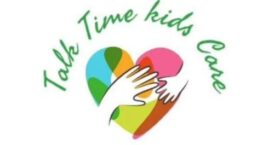Learning disabilities (LD) are neurological disorders that affect the brain’s ability to receive, process, store, and respond to information. These disabilities can impact various areas of learning, such as reading (dyslexia), writing (dysgraphia), mathematics (dyscalculia), and nonverbal skills (nonverbal learning disabilities). Learning disabilities are not indicative of low intelligence; rather, they reflect differences in how individuals process information. Early identification and intervention are critical in helping individuals with learning disabilities develop effective coping strategies and achieve academic success.

Interventions for learning disabilities often involve specialized educational approaches, tailored instructional methods, and the use of assistive technology. Individualized Education Programs (IEPs) are commonly implemented in schools to provide personalized support and accommodations, ensuring that students with learning disabilities can access the curriculum effectively. Beyond academics, addressing emotional and social challenges is also essential, as learning disabilities can impact self-esteem and social interactions. With the right support and resources, individuals with learning disabilities can overcome obstacles, leverage their strengths, and thrive in both academic and everyday settings.
